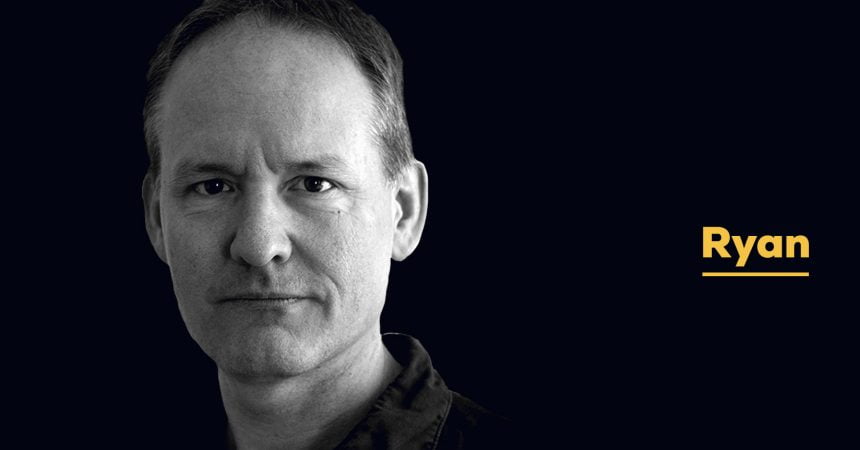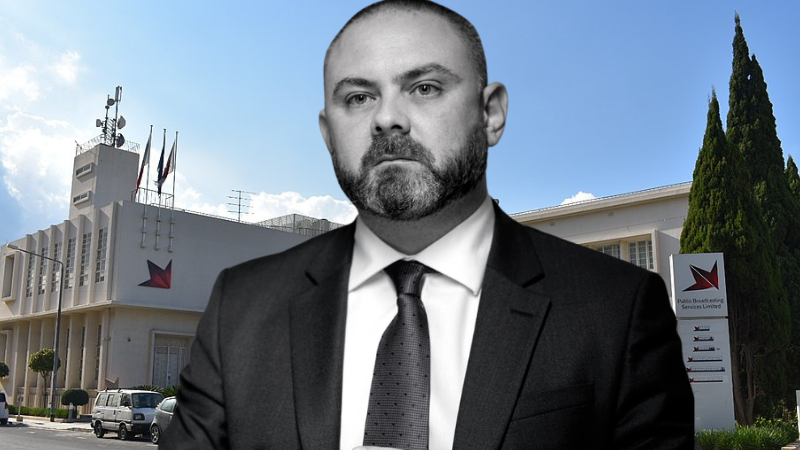Malta may not be a Mafia State after all. But don’t breathe a sigh of relief just yet.
A new study by Luca Raineri of the Department of Law and Politics at the Sant’ Anna School of Advanced Studies in Pisa describes it instead as “a corrupting island in a corrupting sea”.
And that’s much worse.
Raineri’s findings indicate that the current cesspool Malta is swimming in wasn’t just the result of a criminal takeover by Joseph Muscat and his greedy band of kleptocrats. Rather, corruption itself is endemic to Malta.
Part of this is geographical. Malta is a small island state with few natural resources, located on a crossroad in the middle of the Mediterranean. Tapping into the transnational economic flows passing back and forth across that sea is vital to the country’s survival.
But geography and resource scarcity haven’t determined Malta’s penchant for shady dealing. It’s also deeply cultural.
Raineri builds a convincing case that Malta is an attractive haven for organised crime for four main reasons.
First, it acts as a gateway into the EU for illicit economic flows which would normally be blocked from the European market. Think Mafia cash laundered through Maltese online gambling companies, which the paper refers to as “an ATM with continual cash flow”.
As The Shift has shown, Malta’s cash for passports scheme also acts as a back door into other Member States for dubious characters who would otherwise raise red flags – a point the European Commission has raised.
Second, that endless international supply of corruption is welcomed by “political entrepreneurs” in Malta who are eager to expand their clientele. The study lists Keith Schembri, Konrad Mizzi and Maltese fuel smuggler Darren Debono as examples of intermediaries with connections to both politics and business.
Third, the country offers opaque structures where such people can conceal their beneficial ownership behind Maltese Trusts and companies fronted by a local lawyer, often politically connected.
And fourth, local strongmen make sure that these dubious transactions are protected from police interference.
We all know how that works. Endless magisterial inquiries and stalled investigations shove highly suspicious — and clearly documented — criminal activities into a holding pattern where the suspect is never investigated, and therefore never found guilty. Their assets aren’t frozen, either, and so they’re free to carry on business as usual.
The police commissioner has the final say over whether or not to prosecute cases related to money laundering, and he’s hand-picked by the Crime Minister.
The result? High profile people who everyone sees are guilty of money laundering but are somehow deemed untouchable.
It’s astonishing just how deep the rot goes. But according to Ranieri, Malta isn’t a Mafia State or a failed State. On the contrary, it’s a success story where “economic and political elites, seem to look at the proliferation of victimless forms of crime such as money laundering and fuel smuggling less as a threat than as an opportunity”.
Corruption is hard-wired into Malta’s DNA, and Muscat is its perfect expression.
Unfortunately, this parasitical adaptation doesn’t work so well when everyone else knows about it.
The brutal and highly visible political assassination of Daphne Caruana Galizia didn’t cover up their deeds. Instead, it shone a light on them. That fatal car bomb was a blast heard around the world.
Institutions like the Council of Europe, GRECO and the European Parliament gave Malta the benefit of the doubt and a chance to clean up its mess, a move that Muscat obviously saw as weakness.
And he was right. Europe was naive, and that extra time only allowed the Tainted Two to carry on with their plans.
But the rest of the world finally sees through it, and the walls are closing in.
Bank of Valletta CEO Rick Hunkin admitted that the Maltese jurisdiction is regarded as high risk.
The Times of Malta reported this week that a number of international banks are turning away Maltese citizens. They’re unable to open bank accounts abroad because they, too, are seen as high risk.
And an article in an online gaming industry newsletter is saying Malta killed the goose that lays the golden egg. They report that companies are leaving due to overbuilding, noise pollution, filthy streets, an inability to attract talented workers, and high cost of living thanks to greedy landlords keen to take as much as possible while delivering as little as they can get away with.
The independent public inquiry into Caruana Galizia’s assassination has also exposed alarming connections between Maltese politicians, big business and the criminal underworld.
The situation is so inbred that the former lead investigator on the murder case, Silvio Valletta, was jetting off to football matches with alleged mastermind Yorgen Fenech, and playing around in Fenech’s Rolls Royce.
And now we read about the latest shame, a fraud ring run by Malta traffic police — including a superintendent — to bill hundreds of hours of overtime for work they never performed. Half of Malta’s traffic police have now been arrested for fraud. The story even made The New York Times.
That latest scandal shouldn’t come as a surprise. To paraphrase the art historian Camille Paglia, when societal controls weaken, man’s innate corruption bursts forth.
Anything goes in Malta, from murder to money laundering to drink driving. As long as you’re connected to the right people, you will never be held accountable.
Prime Minister Robert Abela will try to say the arrest of 30 traffic cops and the dismissal of a few expendables from government is evidence that the system is working.
But Muscat, Schembri and Mizzi are still there. The men at the top remain untouchable. Abela must hold them to account or accept the inevitable end of Malta’s brief period of economic prosperity.
Legitimate business and banking are already pulling out of a place that looks increasingly lawless.
And the corruption that provided the foundation for Muscat’s ‘economic miracle’ is headed for darker pastures, too. The spotlight on Malta is too bright for them.












